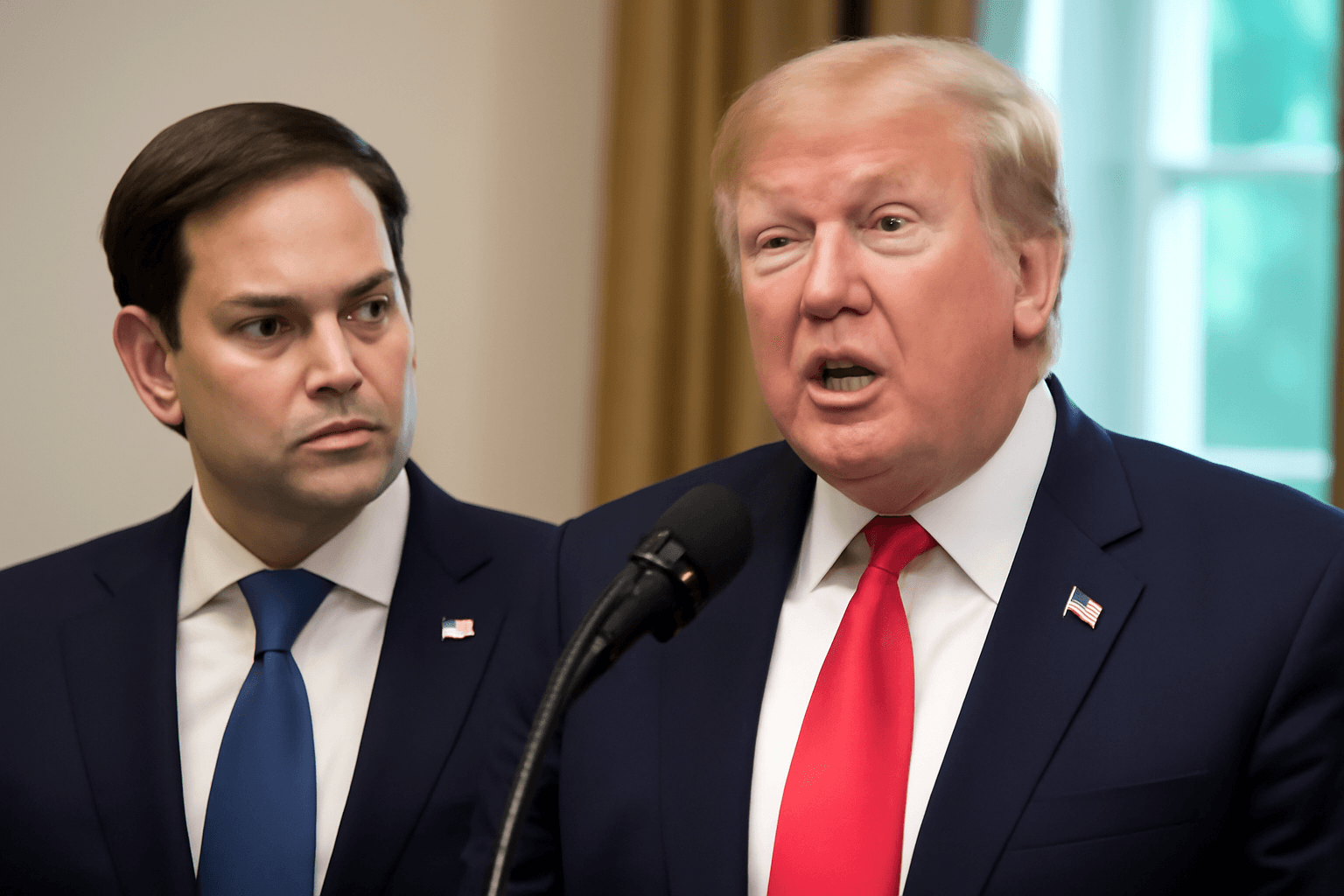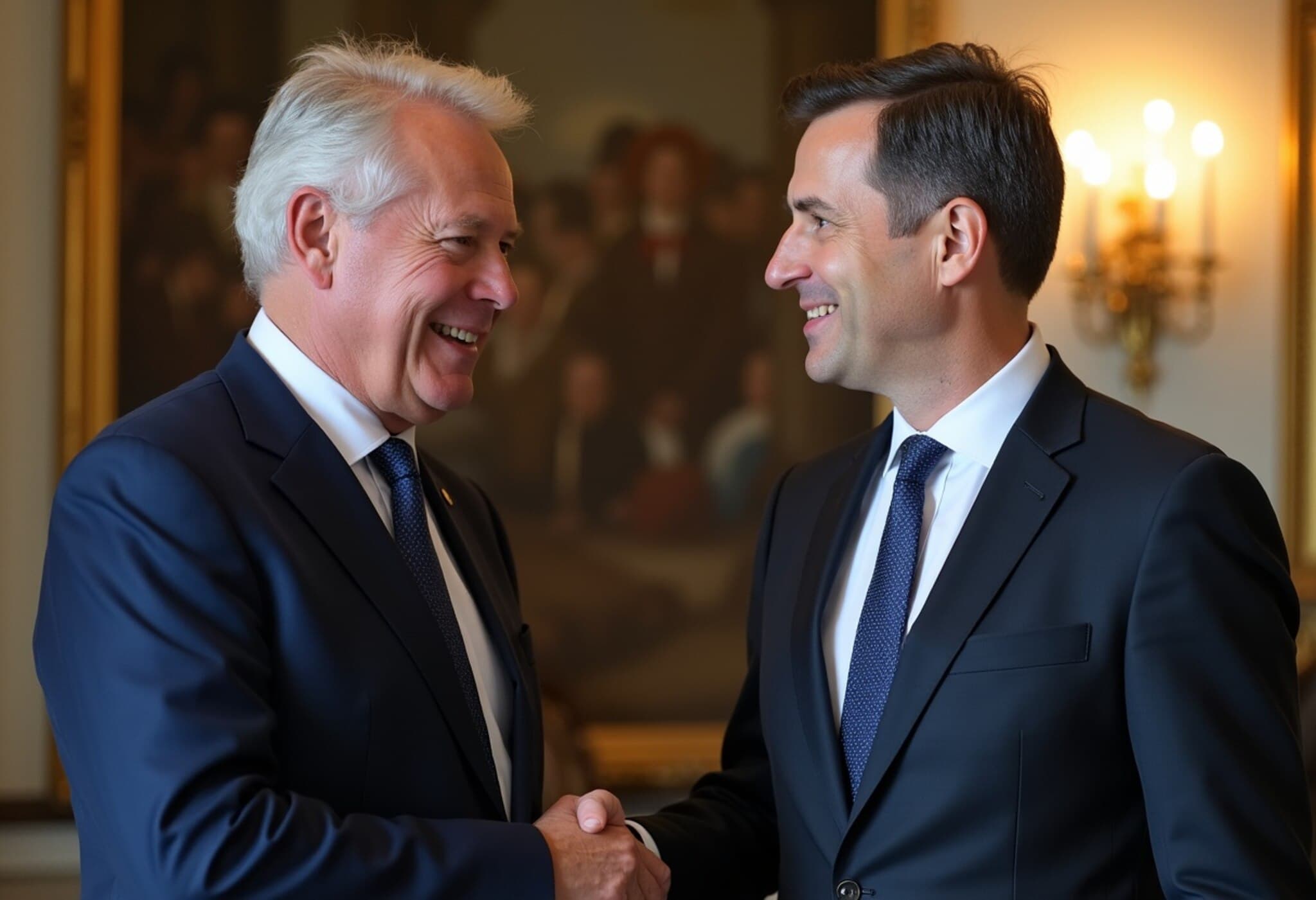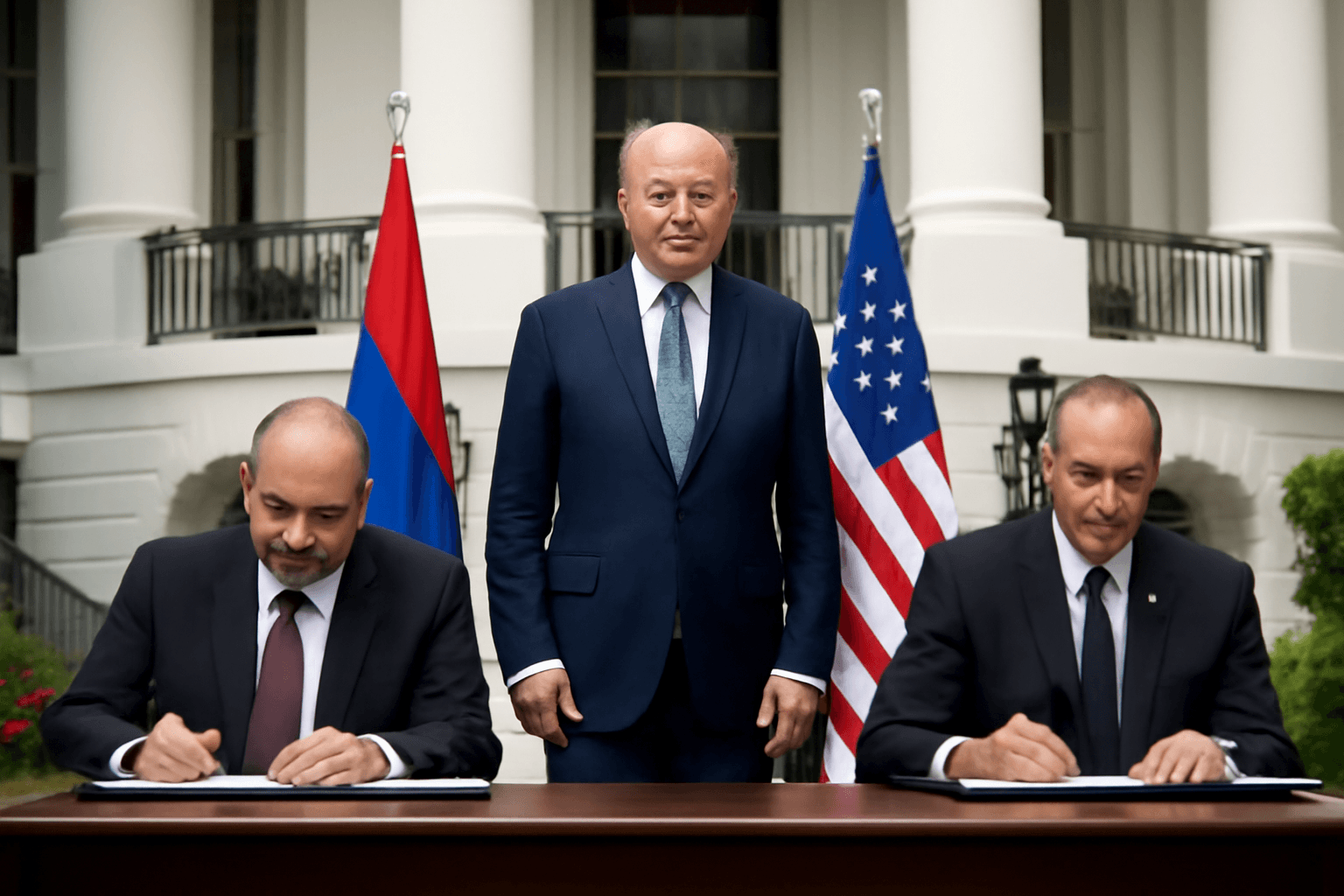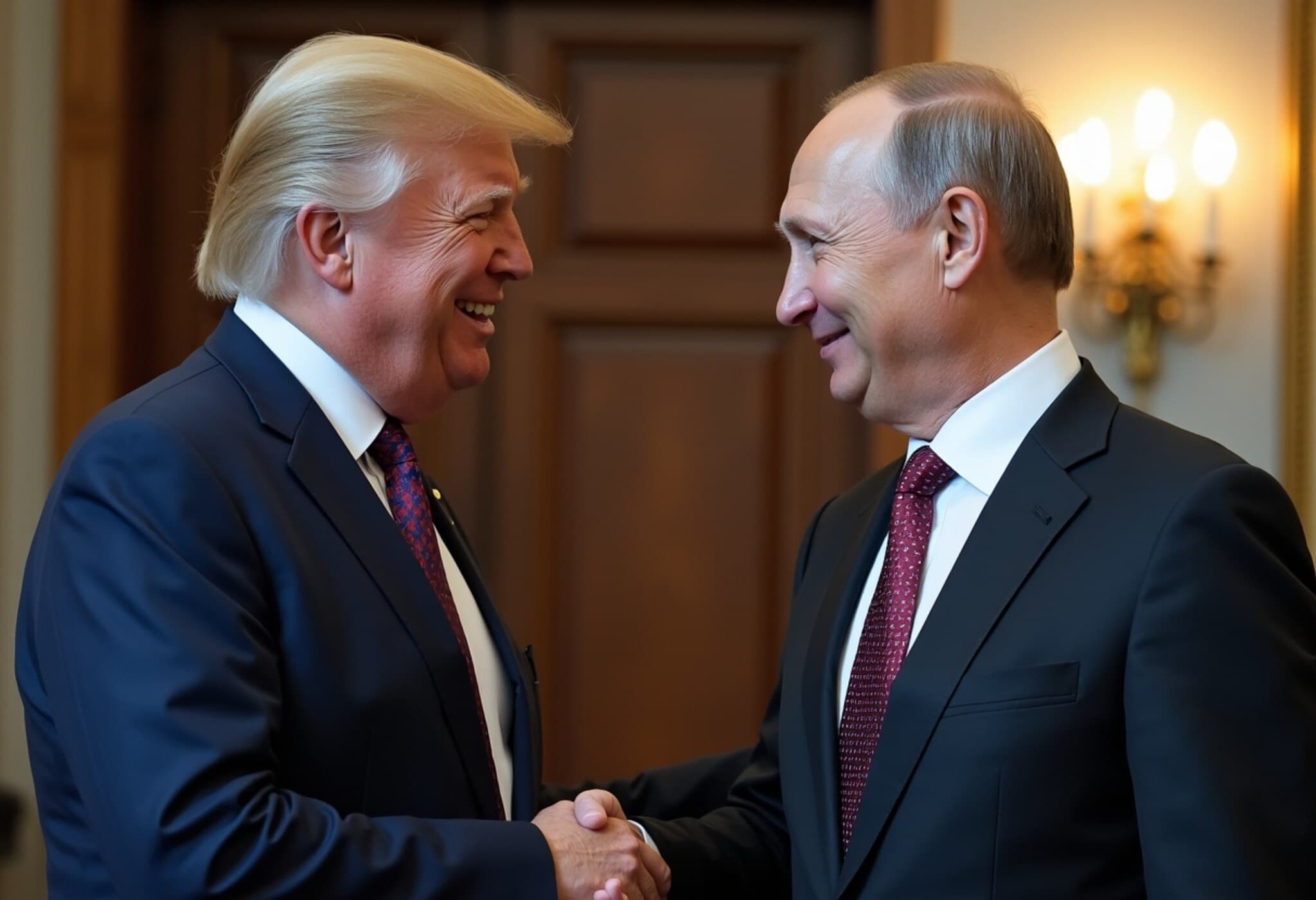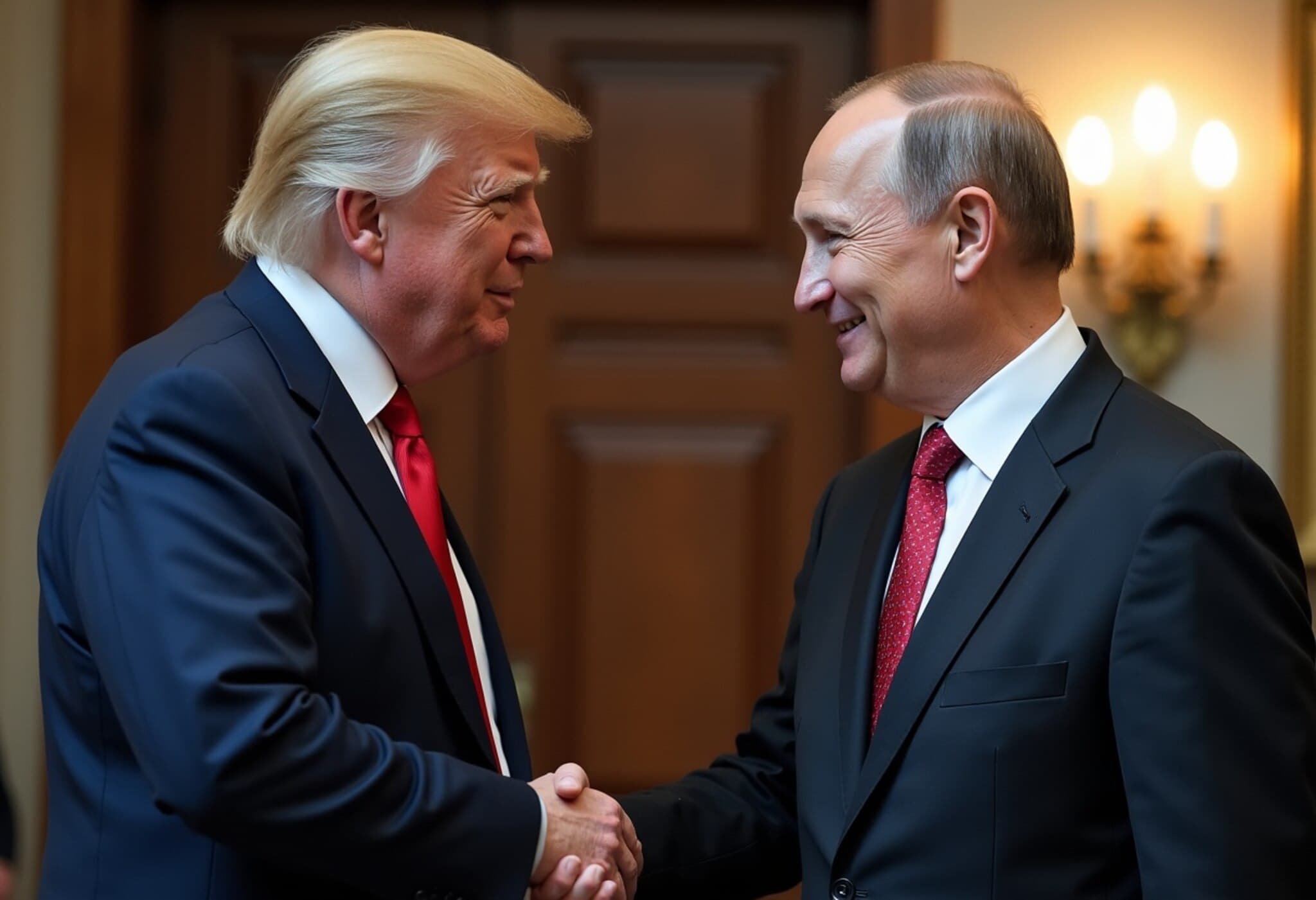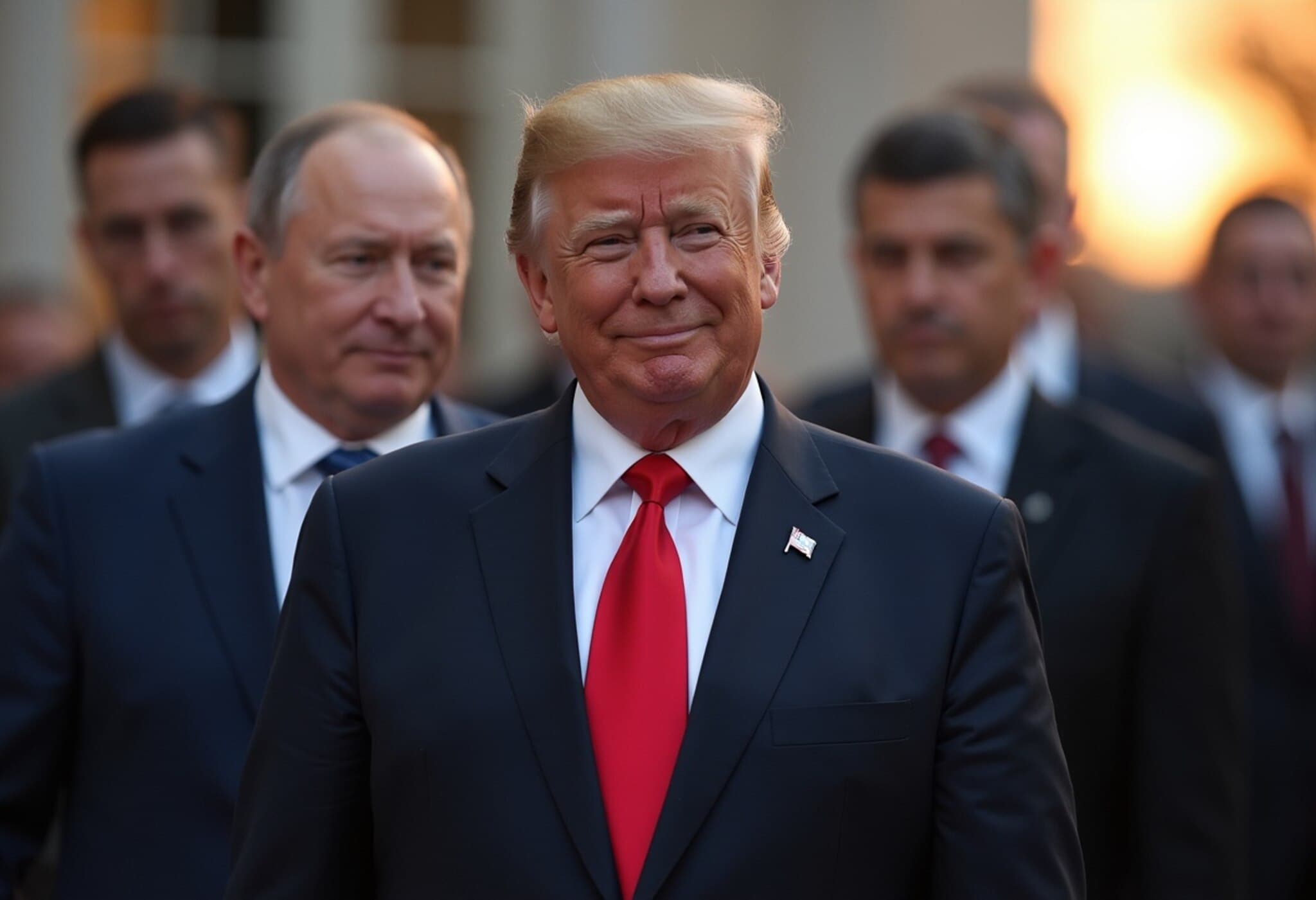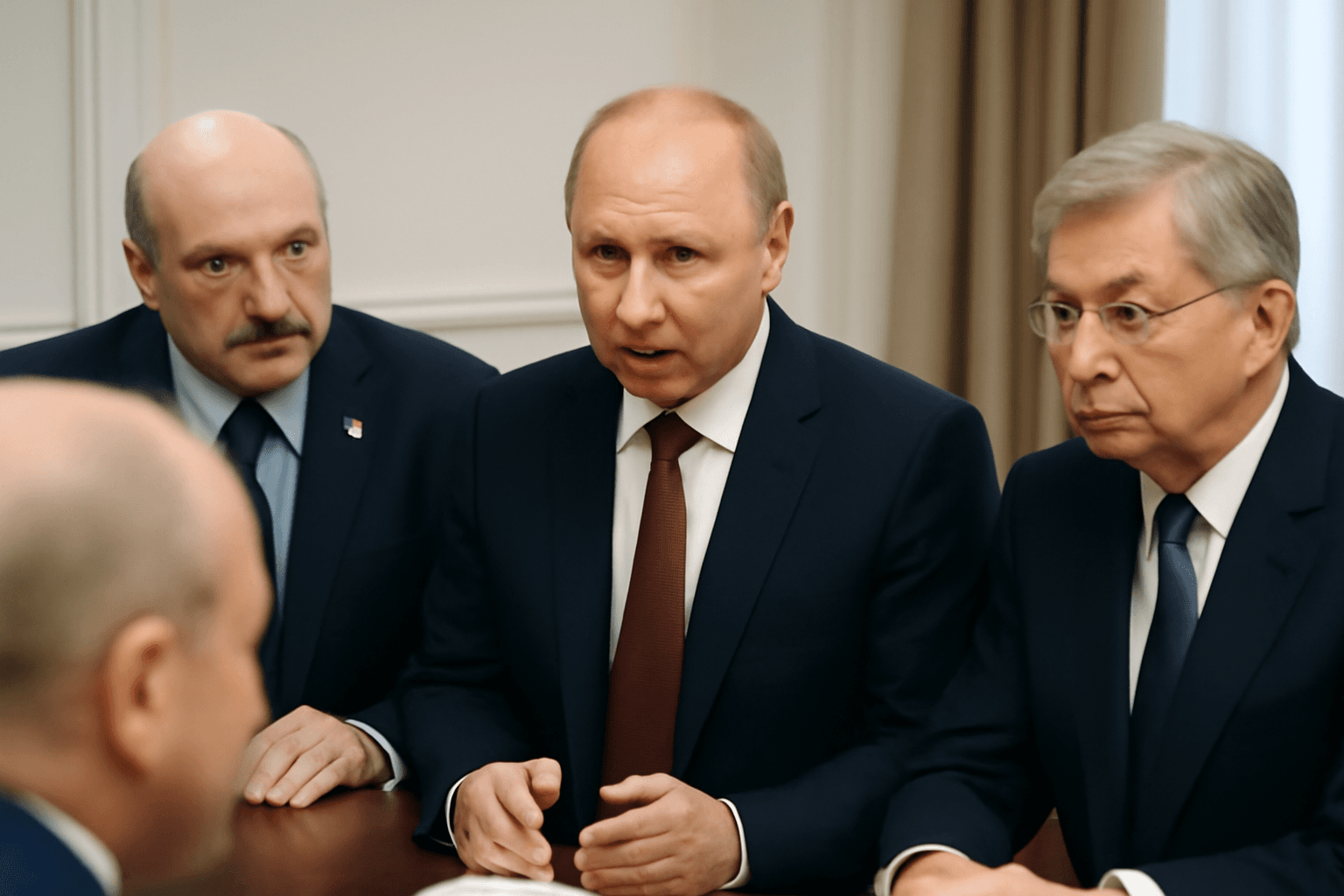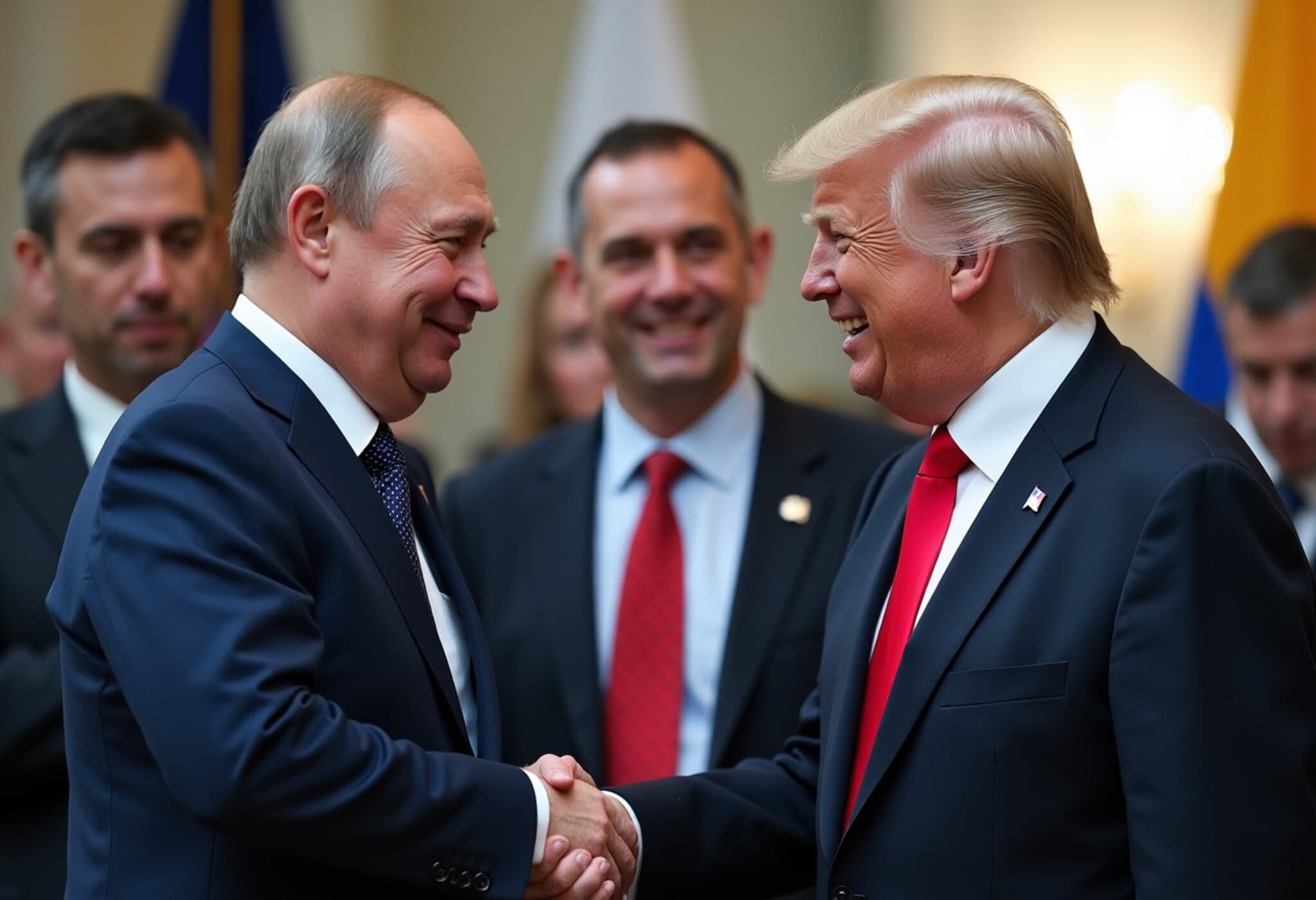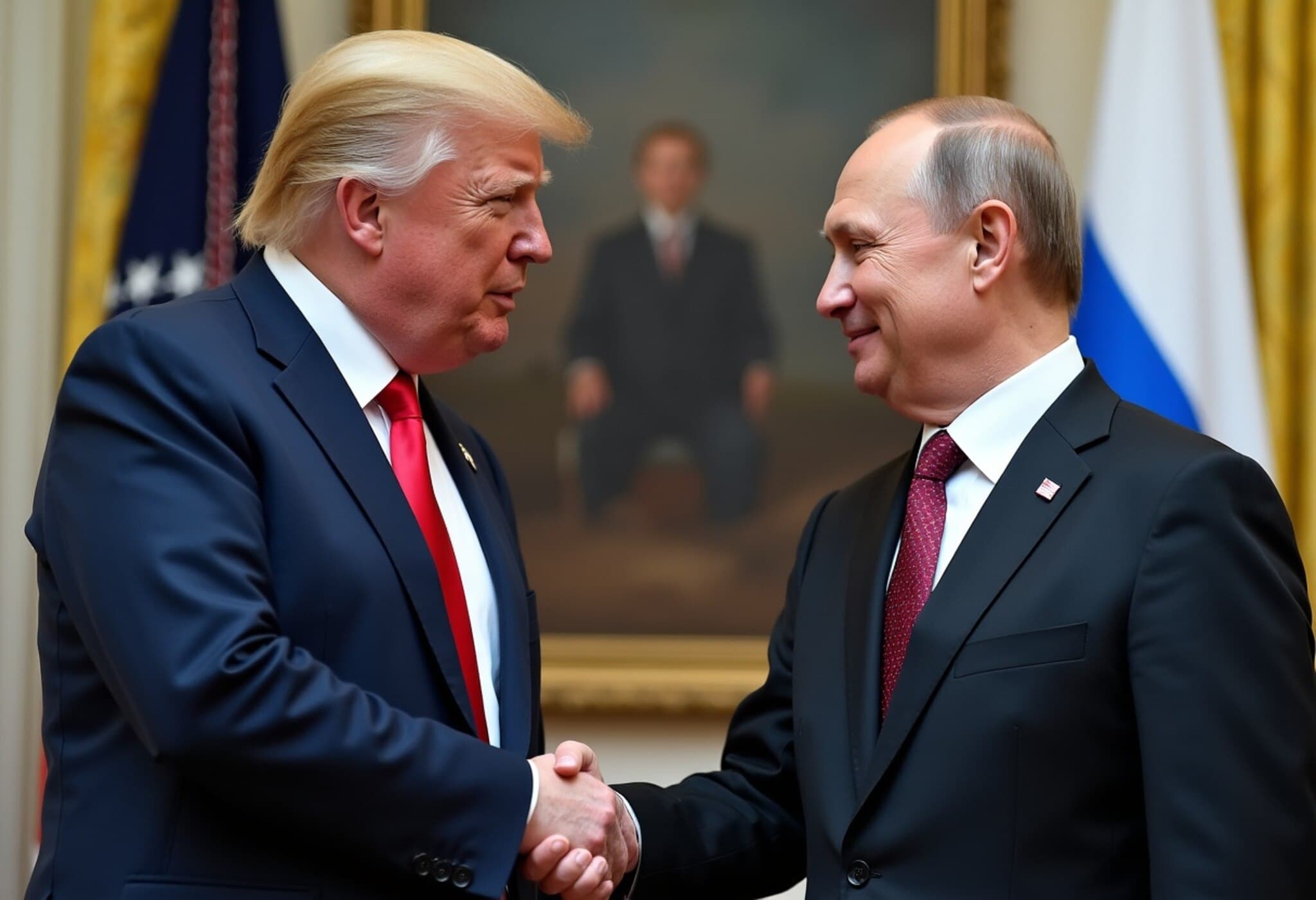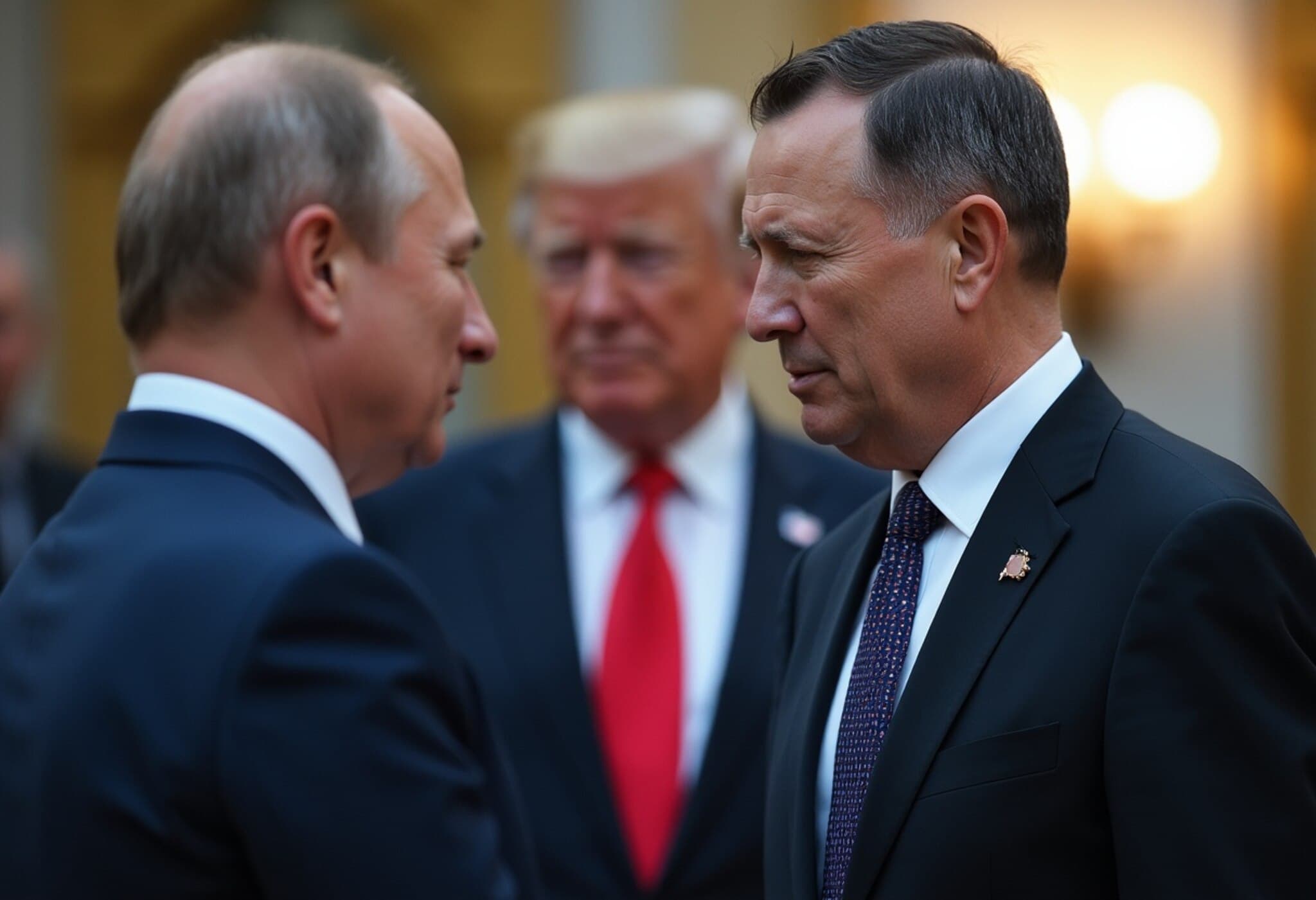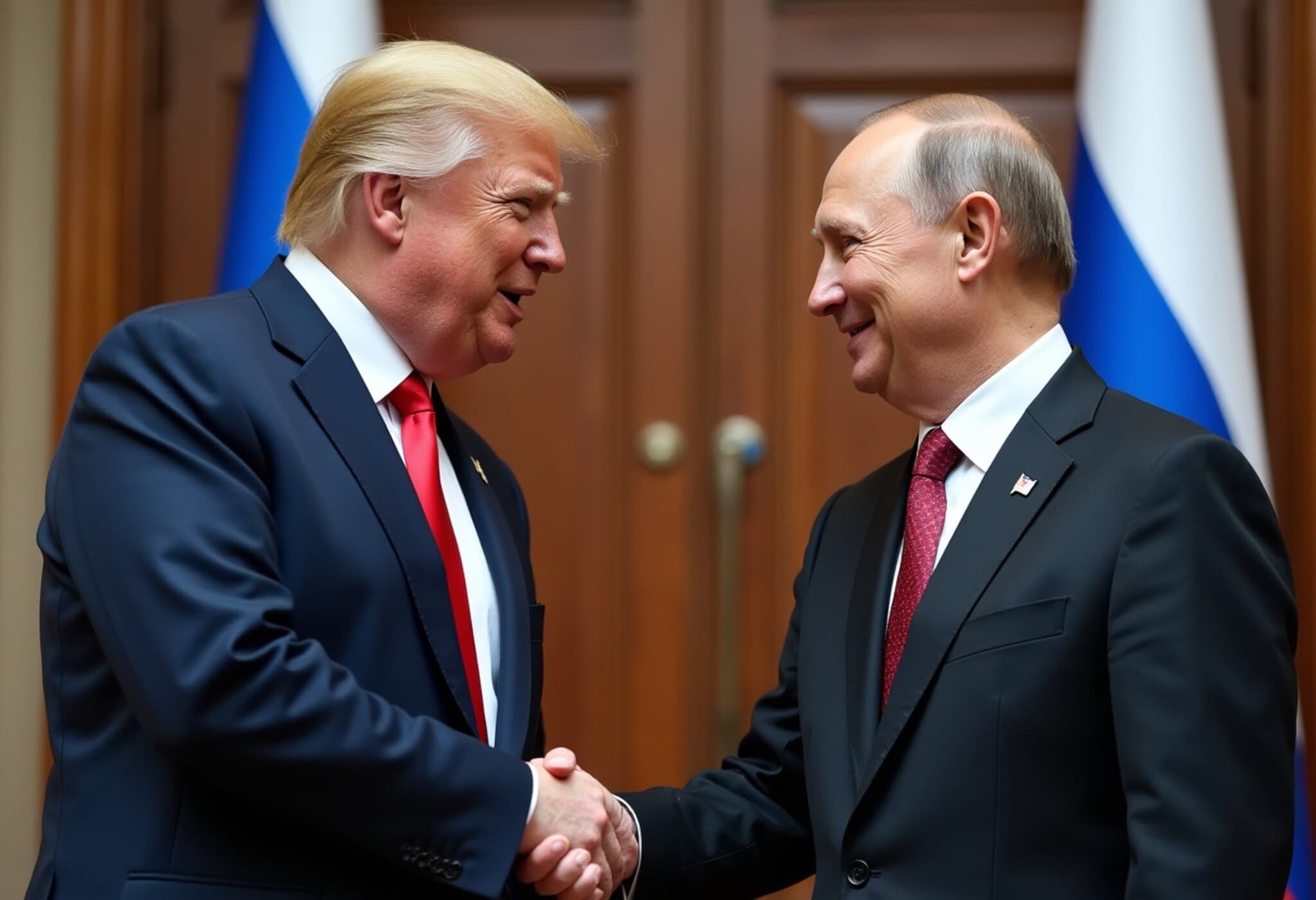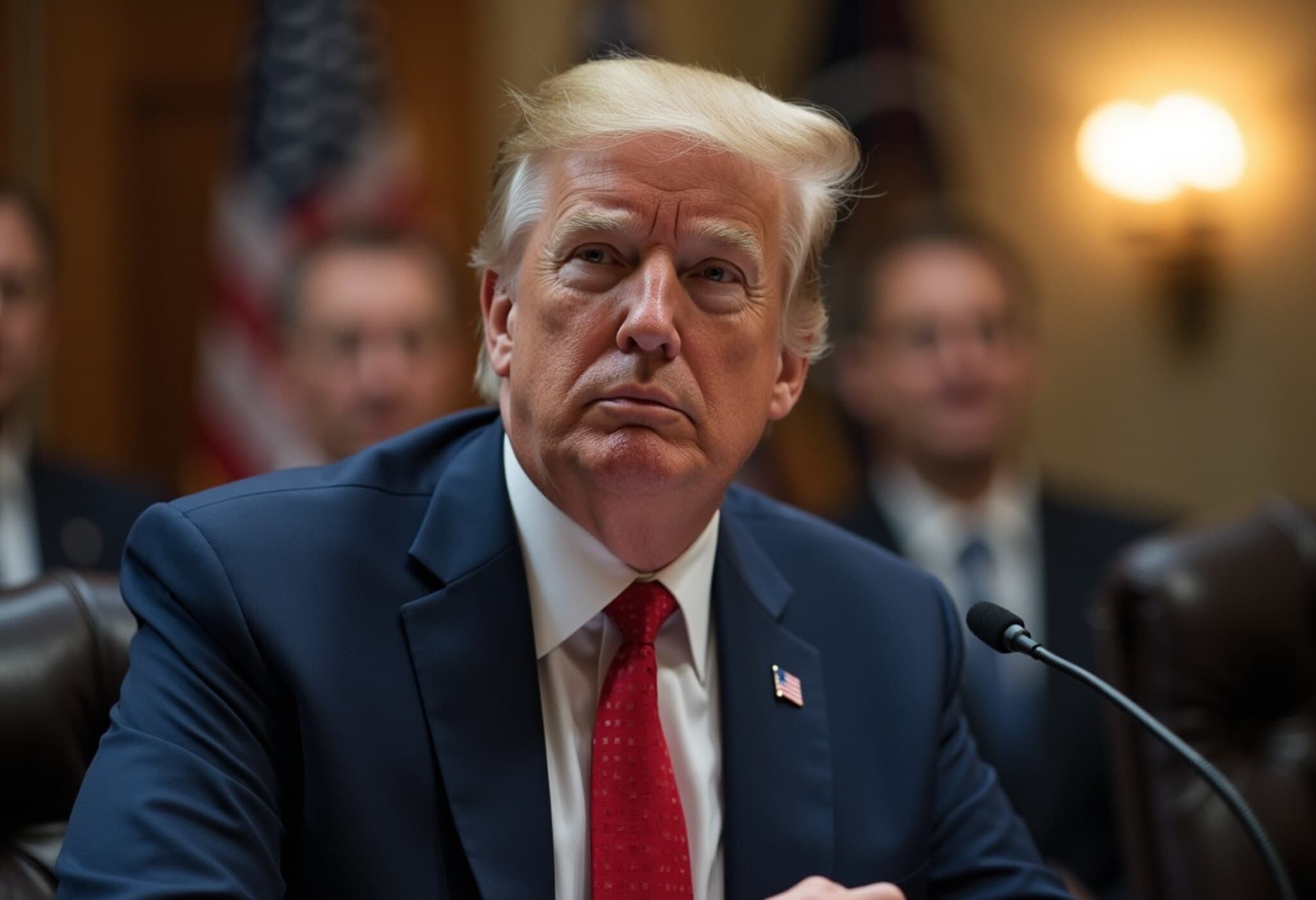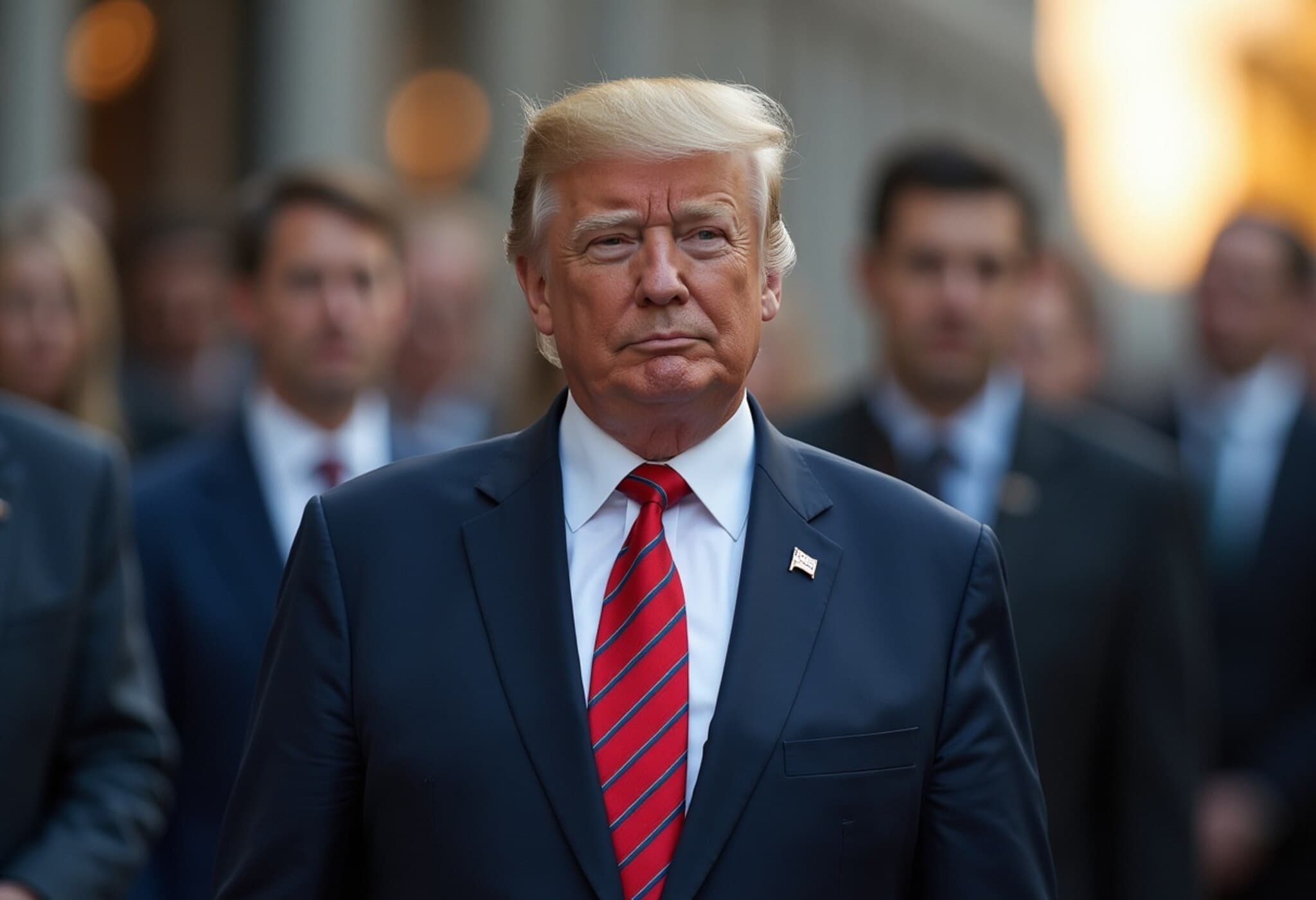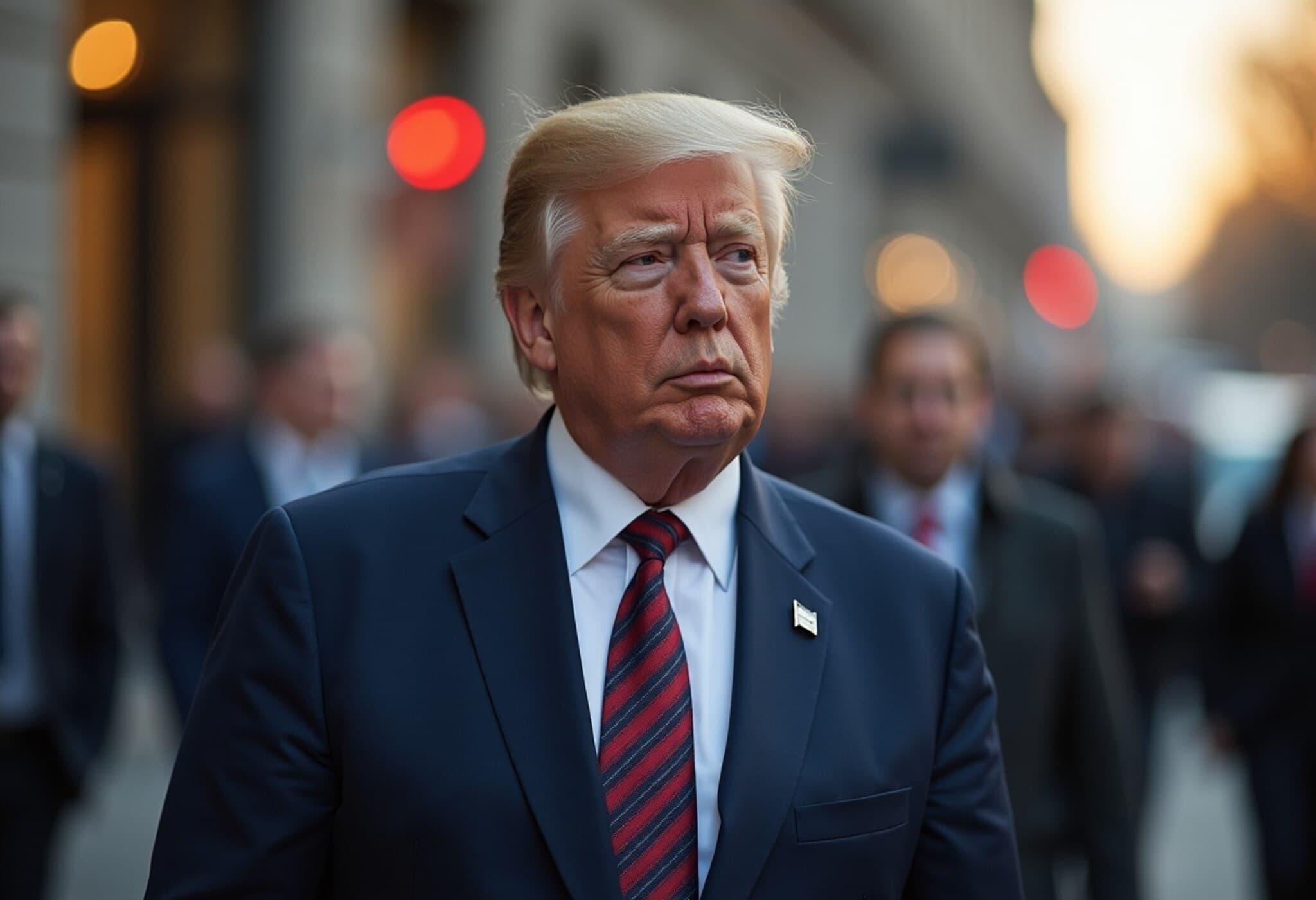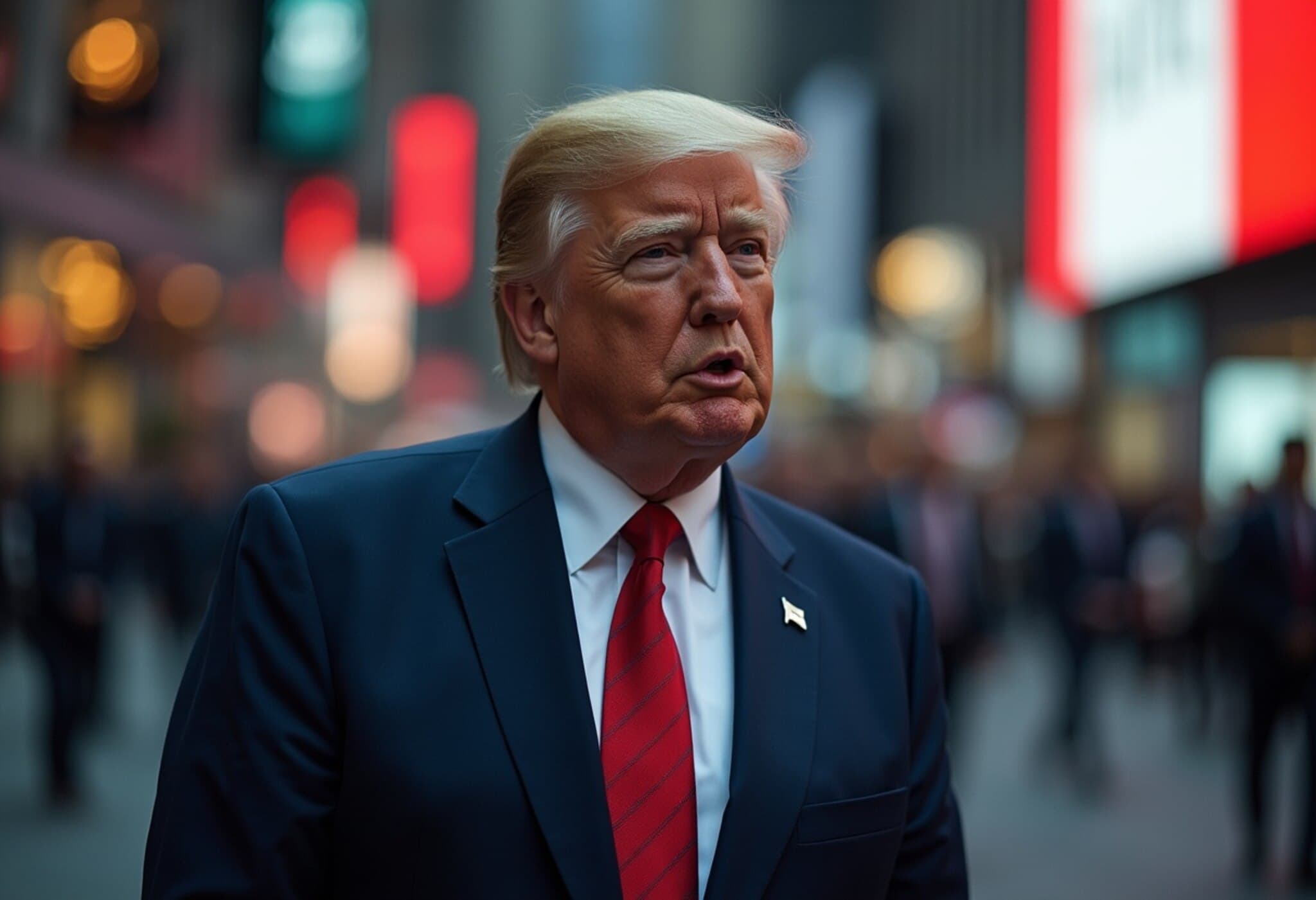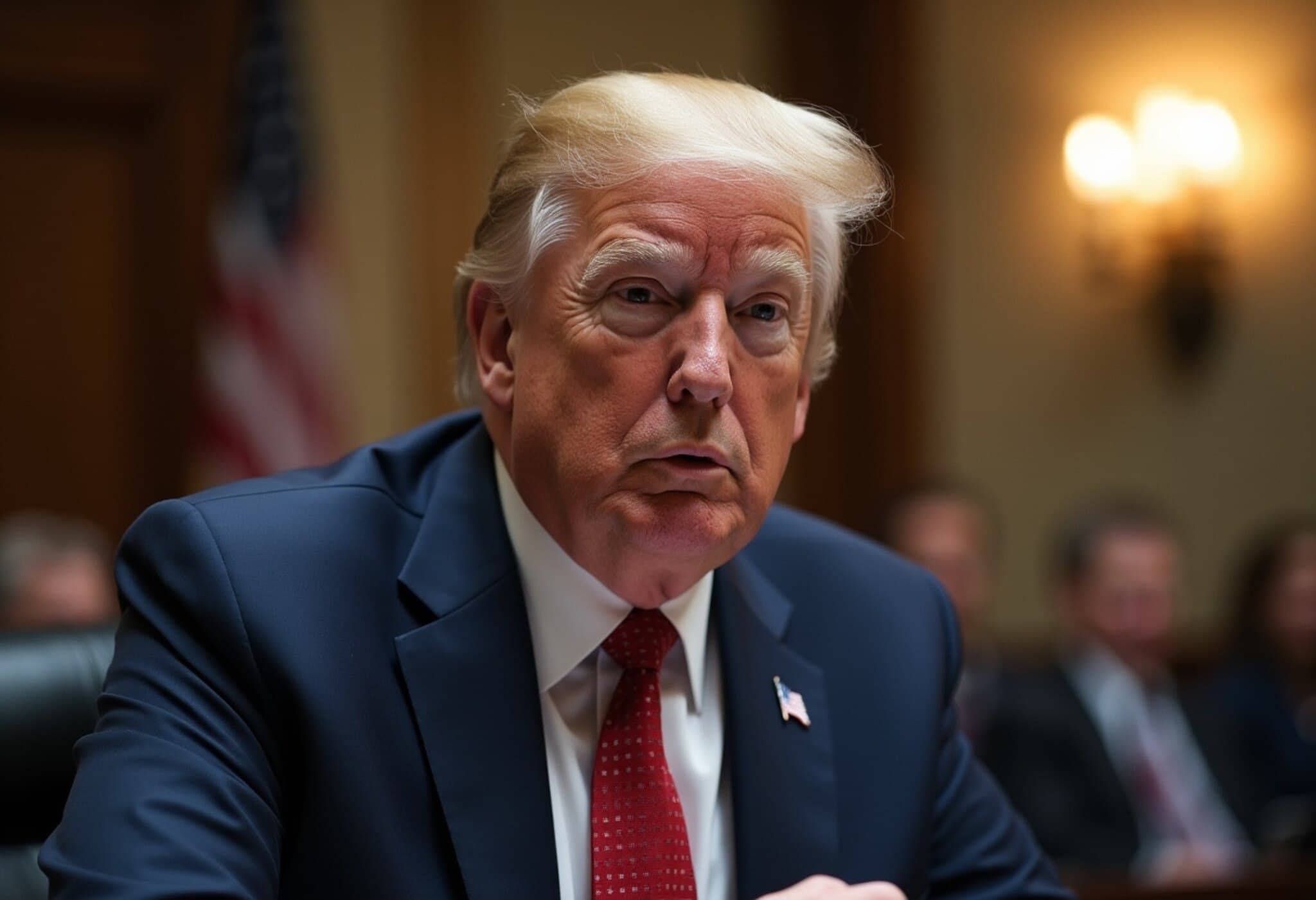Trump to Meet Putin in Alaska: A Pivotal Diplomatic Moment
In a significant development on the international stage, U.S. President Donald Trump has confirmed a summit with Russian President Vladimir Putin scheduled for next week in Alaska. This will mark the first in-person meeting between a sitting American president and Putin since Russia launched its full-scale invasion of Ukraine in February 2022.
Context and Timing of the Meeting
Following days of intense speculation, Trump revealed the details of the summit via his Truth Social account, describing it as a "highly anticipated" event. Earlier on the same day, he also hinted at the meeting during a White House function, signaling a potential thaw or at least a new phase in U.S.-Russia diplomatic engagement.
The timing coincides with a self-imposed deadline Trump set for Putin—to agree to a ceasefire and peace arrangement or else face additional U.S. sanctions. Notably, the Trump administration recently announced a steep 25% tariff on Indian exports, indicative of broader trade tensions amid geopolitical maneuvering.
Exclusion of Zelensky and the Stakes of the Summit
Contrary to calls for a trilateral meeting including Ukrainian President Volodymyr Zelensky, Trump has clarified the summit will be strictly bilateral. This decision raises important questions about Ukraine's role and interests in peace talks that fundamentally affect its sovereignty and territorial integrity.
Trump described the complexity of territorial disputes involved, suggesting potential "swapping" of territories as a step towards resolving the conflict. Such comments hint at possible concessions that could reshape Eastern Europe’s geopolitical landscape — a prospect fraught with serious implications for Ukrainian sovereignty and international law.
Behind the Scenes: The Kremlin’s Position and Western Concerns
Reports from The Wall Street Journal reveal that Putin, through Trump’s special envoy Steve Witkoff, presented a peace proposal demanding Ukraine make significant territorial concessions, including ceding the Donbas region back to Russia. This plan reportedly alarmed European allies who fear it undermines Ukraine’s sovereignty.
Trump’s willingness to entertain such terms contrasts sharply with Zelensky's stance, who remains steadfast in seeking continued support against Russian military aggression. Zelensky condemned recent Russian drone and air strikes as US-imposed deadlines approached, emphasizing the need for “the right pressure on Russia” to achieve a ceasefire.
An Intersection of Conflicts: Caucasus and US Foreign Policy
On the day of the announcement, Trump was also engaged in hosting the leaders of Azerbaijan and Armenia to negotiate a resolution aimed at ending their decades-long conflict. The US secured development rights along a strategically important corridor in Armenia as part of this agreement, reflecting a broader American strategy to stabilize multiple volatile regions concurrently.
Expert Insight: What This Meeting Means for Global Diplomacy
- Diplomatic Balancing Act: Trump's direct engagement with Putin could recalibrate international approaches to the Ukraine conflict, but sidelining Zelensky risks alienating a key democratic ally and undermining Ukraine’s agency.
- Trade and Sanctions: The looming tariffs and secondary sanctions reveal how economic tools intersect with diplomatic negotiations, highlighting the US’s multifaceted approach to pressuring Russia.
- Territorial Integrity versus Peace: The prospect of territorial swaps spotlights the difficult trade-off between achieving immediate peace and preserving long-term sovereignty—a dilemma that has challenged conflict resolution worldwide.
- Regional Stability Efforts: The simultaneous US-brokered Armenia-Azerbaijan accord underscores Washington’s attempt to assert influence in Eurasia, presenting an intricate web of diplomacy that extends beyond the Russia-Ukraine war.
Looking Ahead: Crucial Questions for Policymakers and the Public
Will this bilateral meeting pave the way for meaningful progress, or simply reinforce divisions between the major powers? How will Ukraine respond to being excluded from talks that determine its future? And what message does this send to other global conflicts when major powers negotiate sidelining the directly affected parties?
As the world watches this unprecedented summit, the stakes are high not only for the combatants but for the international rules-based order that has sought to prevent unchecked territorial aggression since World War II.
Editor's Note
The upcoming Trump-Putin meeting in Alaska represents a rare diplomatic overture amid heightened global tensions, yet its exclusion of Ukrainian leadership raises ethical and strategic concerns. Readers should consider how this interaction might reshape power dynamics, influence future peace prospects, and affect the US’s credibility as a partner committed to democratic allies. The coming days will be critical in assessing whether this summit fosters genuine conflict resolution or merely sows new uncertainties.


